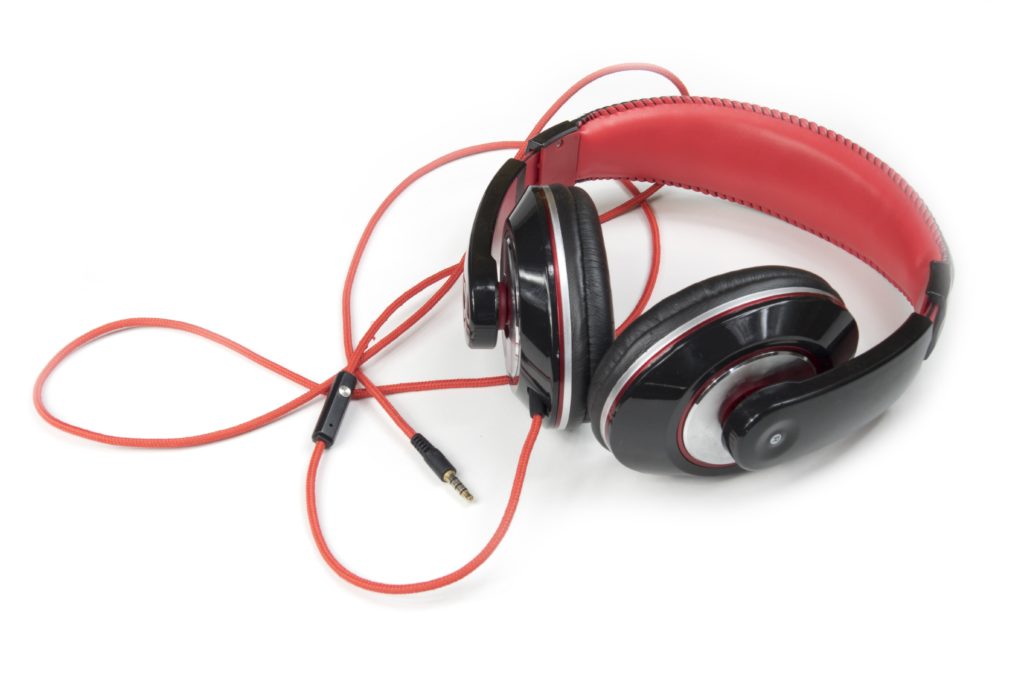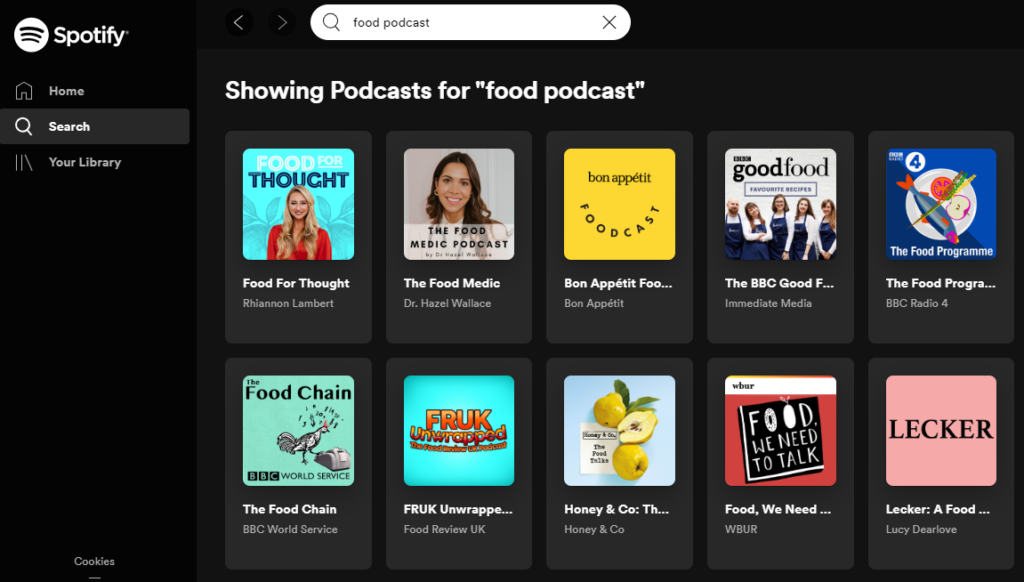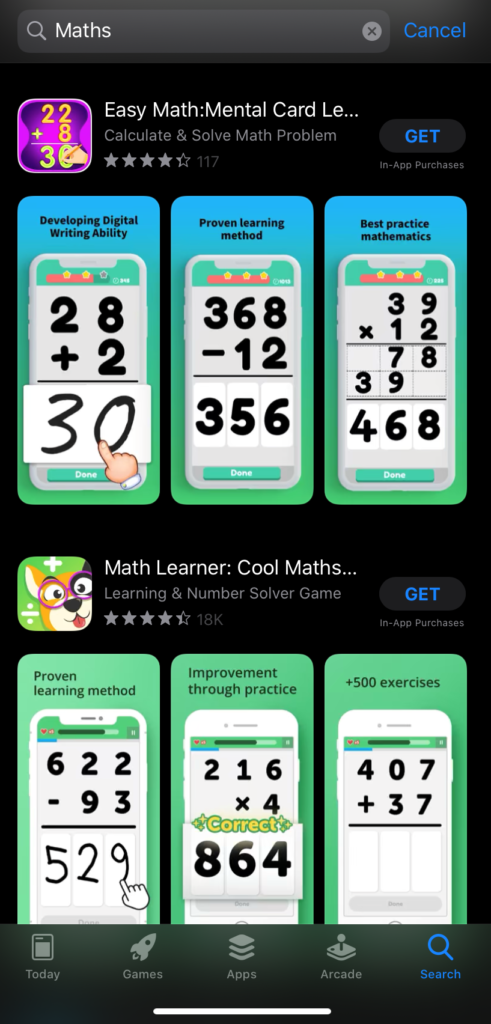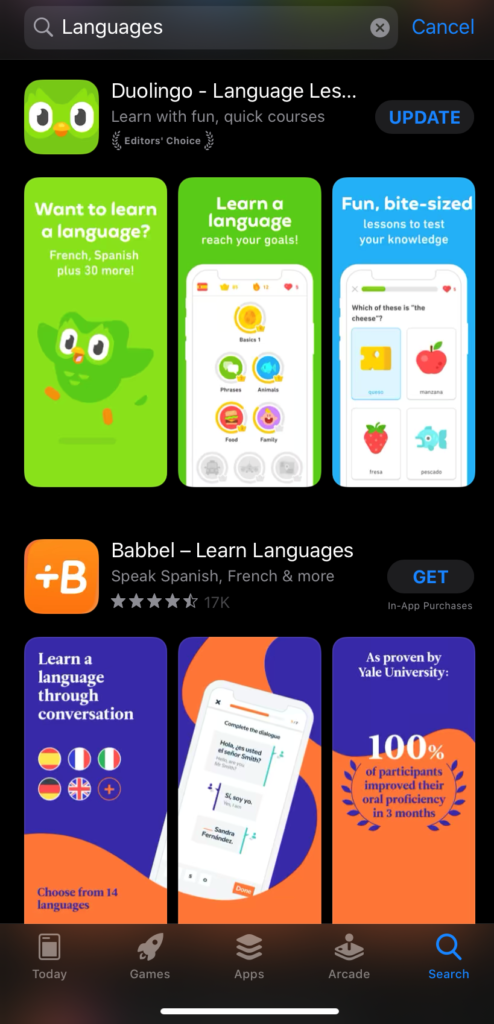
Free Online Learning options during the Coronavirus
Due to current NHS and Government guidance on social distancing because of the coronavirus (COVID-19) pandemic, we have changed our usual face-to-face learning and befriending services to be exclusively delivered by telephone and online platforms, such as video calling.

As a team, we’ve collected together websites, apps and information about how you can continue to learn online during this time. These are suitable for everyone, with lots of different options, from improving your English and Maths skills, to specialist courses designed by leading universities.
These websites are available through any digital device where you can access a web browser, such as Google Chrome or Safari, including your laptop, tablet or smart phone. They allow you to learn flexibly: you will be able to follow courses and complete tasks in your own time.
Have a look at the options below and if you have any suggestions or questions, please email sadam@lead.org.uk.
Digital skills
AbilityNet have step-by-step guides on making individual adjustments to digital devices like computers, tablets and phones so you can find them easier to use. They have options for adaptions for four categories: vision, hearing, motor and cognitive.
Learn My Way has a free course on how to use the internet. It covers using a computer, browsing the web, sending an email and finding work online. They also have courses on a range of subjects that could be especially useful during Coronavirus restrictions, such as video calling.
Digital Participation Charter have a great list of resources to help you get online and develop your essential digital skills.

Reading, Writing and Numeracy
BBC Skillswise hosts a collection of free videos and downloadable worksheets to help adult learners improve their reading, writing and numeracy skills.
Khan Academy is a personalised learning resource for all ages and offers practice exercises, instructional videos, and a personalised learning dashboard that empower learners to study at their own pace. The site is based on the American education system and is particularly good at maths instruction.
Alison is one of the world’s largest free learning platforms for education and skills training. It is a for-profit social enterprise dedicated to making it possible for anyone, to study anything, anywhere, at any time, for free online, at any subject level.

Specialist or university-led courses
My World of Work has links to online courses that can help you develop your skills, especially if you are a furloughed worker.
TED talks have an education section of their website with fun animations on different topics, with optional short quizzes afterwards to test your knowledge.
edX has courses developed by universities around the world on a wide range of subjects, including engineering, humanities, social sciences, law and computer science.
OpenLearn is run by the Open University. You can work through their courses at your own pace and receive a statement of participation at the end.
FutureLearn offers a diverse selection of courses from leading universities and cultural institutions from around the world. Most courses are 6-10 weeks, you can access courses for free during their duration, but you’ll need to pay to upgrade your account to access the course outside this period and to receive certificates of participation.
Short Courses from University of Edinburgh have no entry requirements and are led by world-class academics. Typically they require 1-2 hours of study each week for around 5 weeks and are self-directed, meaning you follow the course materials, complete the readings and assessments, and get help from a large community of fellow learners through online forums.
Code Academy allows you to learn basic coding for free. There is paid options for more advanced levels.

Podcasts
If you don’t want to follow a more formal course structure but still want to learn something new, podcasts are a great way to discover more about something you’re curious about. They’re a bit like radio shows that are recorded ahead of time. Some podcasts release an episode every week and others have a series of episodes like a TV programme. They are usually about 30-90 minutes long and you can pause them at any time.
You can access podcasts through websites like the BBC but its easier to get them through a music or podcast player such as spotify, TuneIn or Stitcher. These players are best accessed through apps on your tablet or phone. To download them, search for their name (e.g. ‘spotify’) in the app store on your phone. Once you have opened the app and made an account, you can search for podcasts on topics that interest you, such as history, cooking or football.

Apps
Another way to find resources for learning is to go to the App Store on your tablet or phone (e.g. Google Play or Apple App Store) and search for that topic. For example, if you wanted to learn a language, you could search for ‘languages’. If you wanted to improve your maths skills, you could search for ‘maths’ and get options for activities and games.


